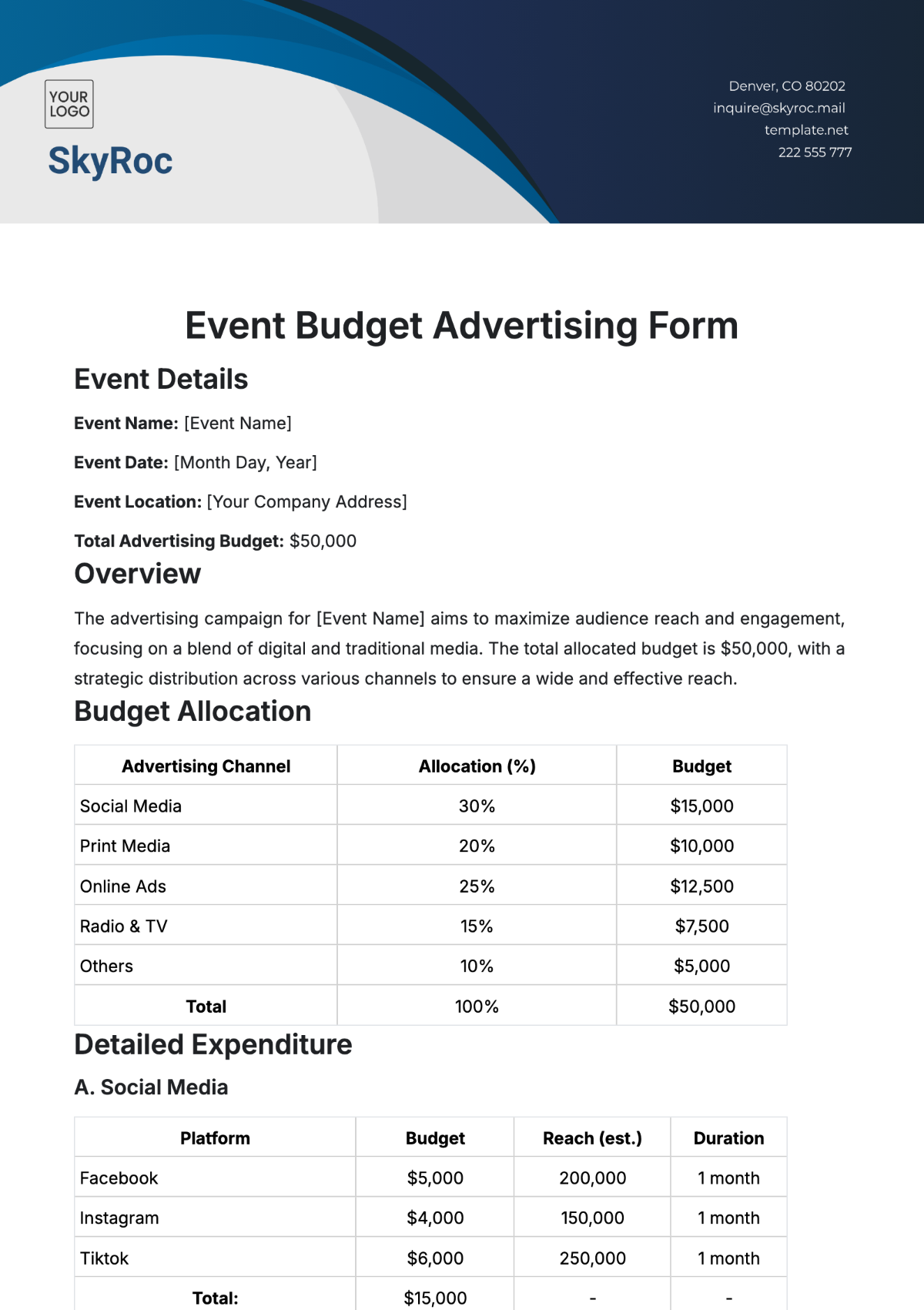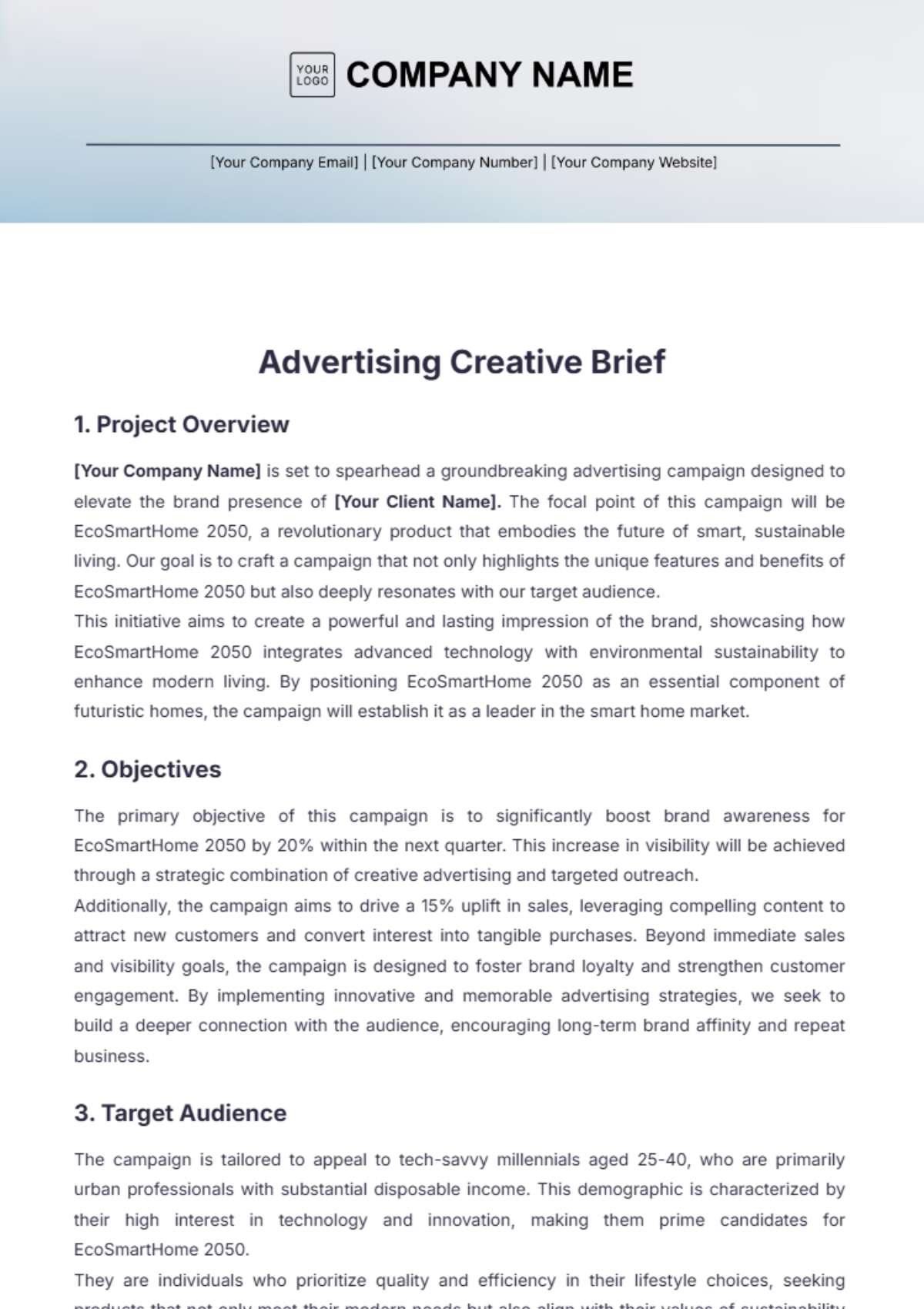Advertising Case Brief
I. Case Title:
[Federal Trade Commission v. Lumina Health Enterprises, Inc.]
II. Court:
[United States District Court for the Eastern District of California]
III. Date:
[June 12, 2054]
IV. Key Facts:
The [Federal Trade Commission (FTC)] filed a complaint against [Lumina Health Enterprises, Inc.], alleging deceptive advertising practices.
[Lumina Health Enterprises, Inc.], a prominent company in the wellness industry, marketed its product "VitaBoost" as a revolutionary energy enhancer.
The advertising campaign claimed that VitaBoost could increase energy levels by 300% within one week without any side effects.
The [FTC] conducted an investigation and found that [Lumina Health Enterprises, Inc.] lacked scientific evidence to support its energy enhancement claims.
V. Legal Issue:
Whether [Lumina Health Enterprises, Inc.]'s advertising campaign for VitaBoost constitutes deceptive advertising in violation of Section 5 of the Federal Trade Commission Act.
VI. Decision:
The Court ruled in favor of the [Federal Trade Commission], finding that [Lumina Health Enterprises, Inc.]'s advertising practices were deceptive.
The Court issued an injunction prohibiting [Lumina Health Enterprises, Inc.] from making false or unsubstantiated claims about the efficacy of VitaBoost.
[Lumina Health Enterprises, Inc.] was also ordered to pay restitution to consumers who purchased VitaBoost based on the deceptive advertising.
VII. Legal Principle Established:
Advertisers must have substantiated scientific evidence to support any claims made in their advertising campaigns, especially when promoting health or wellness products.
VIII. Significance:
This case sets a precedent for holding advertisers accountable for deceptive practices and emphasizes the importance of truthfulness and substantiation in advertising, particularly in industries where consumer health and well-being are at stake.
IX. Analysis:
The Court's decision underscores the [FTC]'s role in protecting consumers from misleading advertising and highlights the need for advertisers to conduct rigorous scientific testing to support their claims.
Advertisers should carefully review and substantiate the claims made in their advertising materials to avoid legal repercussions and maintain consumer trust.
X. Conclusion:
The case of [Federal Trade Commission v. Lumina Health Enterprises, Inc.] serves as a reminder of the legal obligations and responsibilities of advertisers in ensuring the accuracy and truthfulness of their marketing claims. It reaffirms the [FTC]'s authority to take action against deceptive advertising practices and underscores the importance of compliance with advertising laws and regulations.
Prepared by:
[Your Name],
[Your Position]

















































